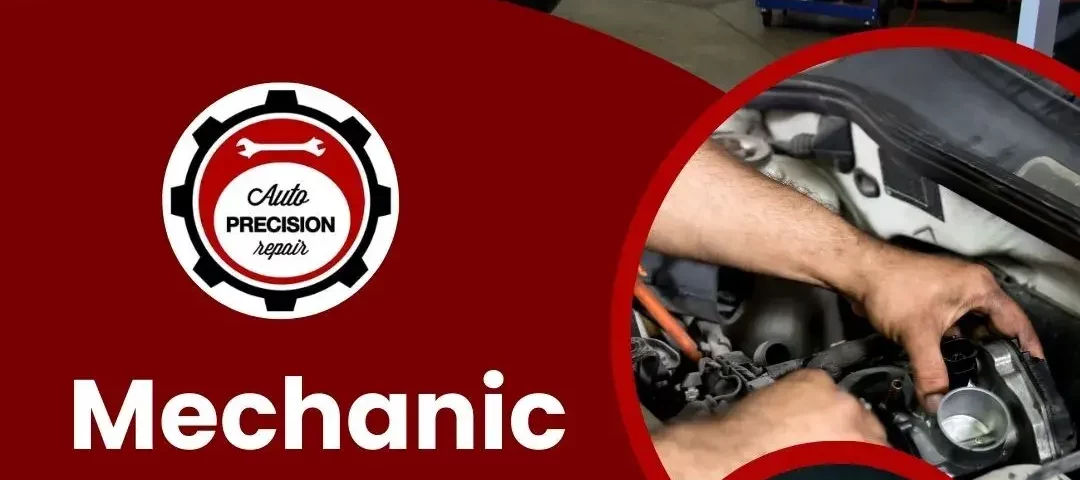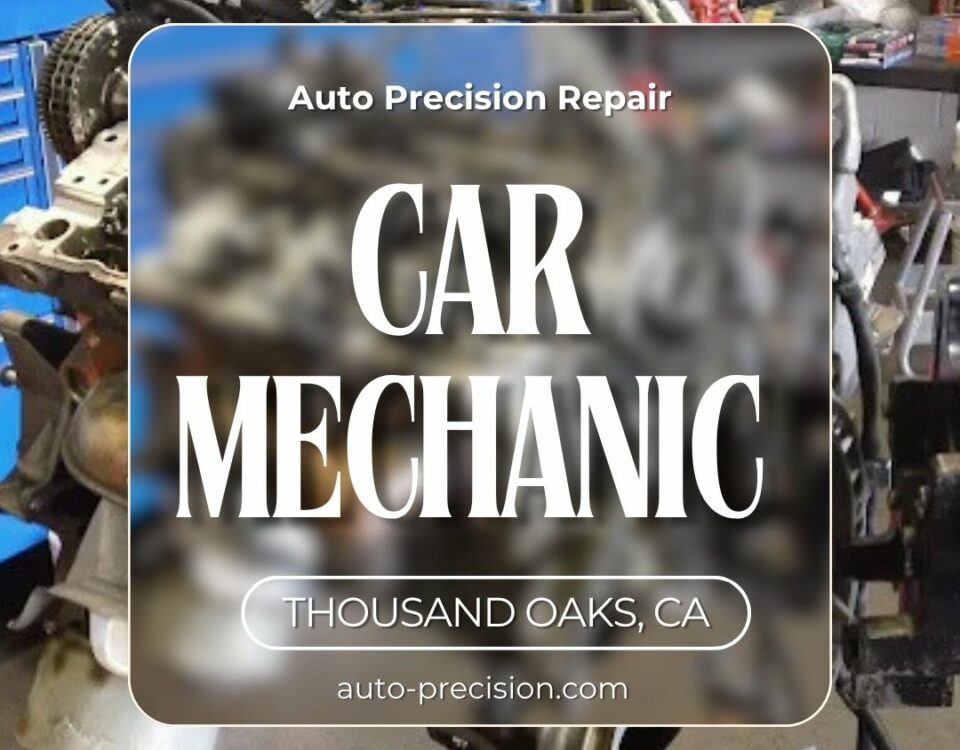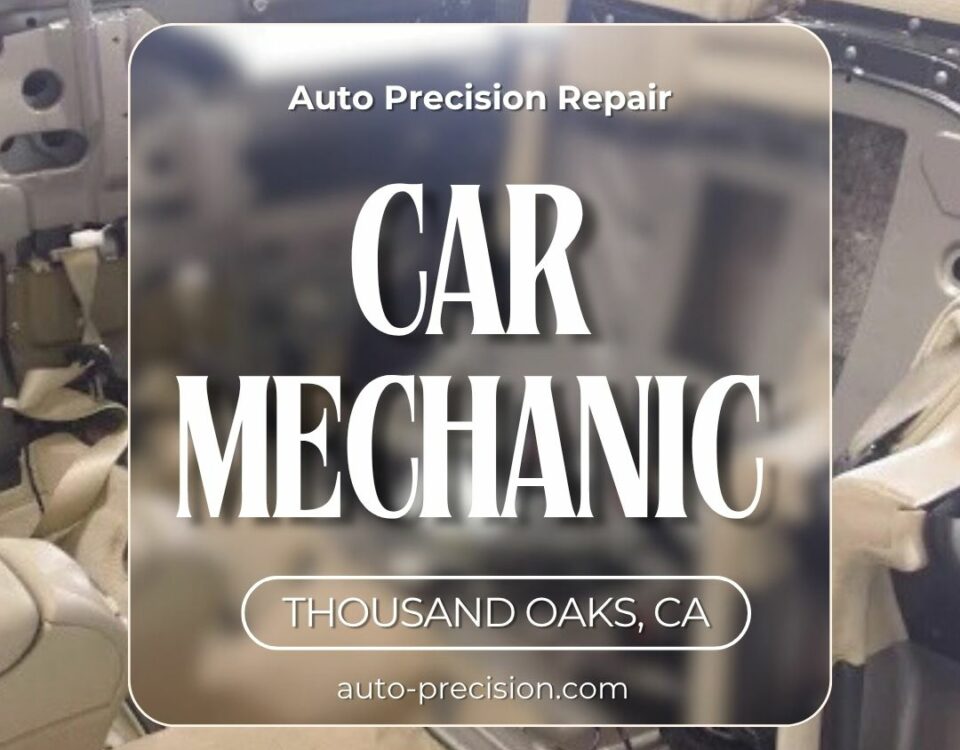
Essential Tools for Every Car Mechanic
February 14, 2025
Top Training Programs to Become a Skilled Car Mechanic
February 15, 2025Getting started with car repairs can feel overwhelming. Imagine trying to fix a loose battery terminal without the right wrench—it quickly turns into a frustrating task. Having the right tools makes the process much easier and more efficient. Whether you’re a car enthusiast looking to perform basic maintenance or a beginner mechanic starting your journey, understanding the essential tools and their functions is crucial. This guide will introduce you to the fundamental tools every aspiring car mechanic needs and how to use them effectively.
Basic Hand Tools Every Car Mechanic Needs
- Wrenches – One of the most important tools for any mechanic, wrenches help loosen and tighten bolts and nuts. Combination wrenches, adjustable wrenches, and socket wrenches are essential for various tasks.
- Screwdrivers – Used for removing or securing screws, a set of flathead and Phillips screwdrivers is necessary for working on different car parts.
- Pliers – These versatile tools help grip, bend, and cut wires and hoses. Needle-nose pliers and locking pliers are particularly useful.
- Hammers and Mallets – A rubber mallet or a ball-peen hammer assists in tapping components into place without causing damage.
- Torque Wrench – Ensures that bolts are tightened to the correct specifications, preventing over-tightening or loosening that can lead to mechanical failure.
Essential Diagnostic Tools for Any Car Mechanic
- OBD-II Scanner – Modern cars use onboard diagnostics (OBD) systems. A scanner helps read error codes and identify issues quickly.
- Multimeter – Essential for diagnosing electrical problems, a multimeter measures voltage, resistance, and current in a vehicle’s electrical system.
- Compression Tester – Helps check the engine’s cylinder compression, ensuring proper performance and identifying issues like worn piston rings.
Safety and Lifting Equipment
- Hydraulic Jack and Jack Stands – Used to safely lift a car off the ground for repairs. Always use jack stands for stability.
- Creeper and Work Mats – Allow mechanics to work comfortably under a car, reducing strain and improving accessibility.
- Safety Gear – Gloves, safety glasses, and ear protection help prevent injuries when working with sharp, hot, or noisy components.
Advanced Tools for More Complex Repairs
- Impact Wrench – Uses high torque to remove stubborn bolts quickly, making repairs easier and faster.
- Brake Bleeder Kit – Essential for maintaining a car’s braking system by removing air from brake lines.
- Battery Tester and Charger – Diagnoses battery health and ensures reliable starts.
Having the right tools, such as wrenches, screwdrivers, diagnostic scanners, and safety gear, is essential for performing car repairs efficiently and safely. By equipping yourself with these fundamental tools, you can confidently handle both routine maintenance and complex repairs. Whether you’re tackling simple maintenance or advancing to more complex projects, investing in quality tools will improve your skills and confidence. Start with the basics, expand your toolkit as needed, and always prioritize safety while working on vehicles. With the right knowledge and equipment, anyone can become proficient in car maintenance and repairs.





